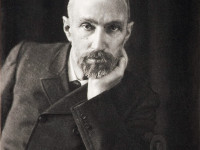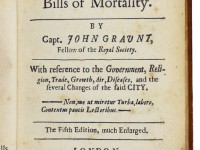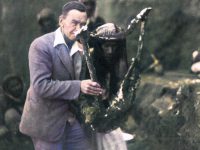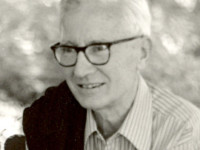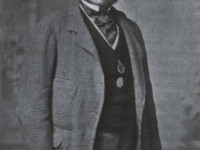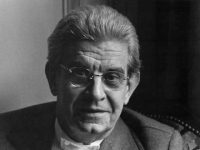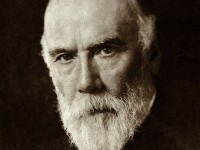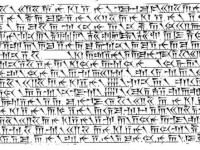Philippe Pinel – the Father of modern Psychiatry
On April 20, 1745, French physician Philippe Pinel was born. He was instrumental in the development of a more humane psychological approach to the custody and care of psychiatric patients, referred to today as moral therapy. He also made notable contributions to the classification of mental disorders and has been described by some as “the father of modern psychiatry“. “I cannot here avoid giving my most decided sufferage in favour of the moral qualities…
Read more


